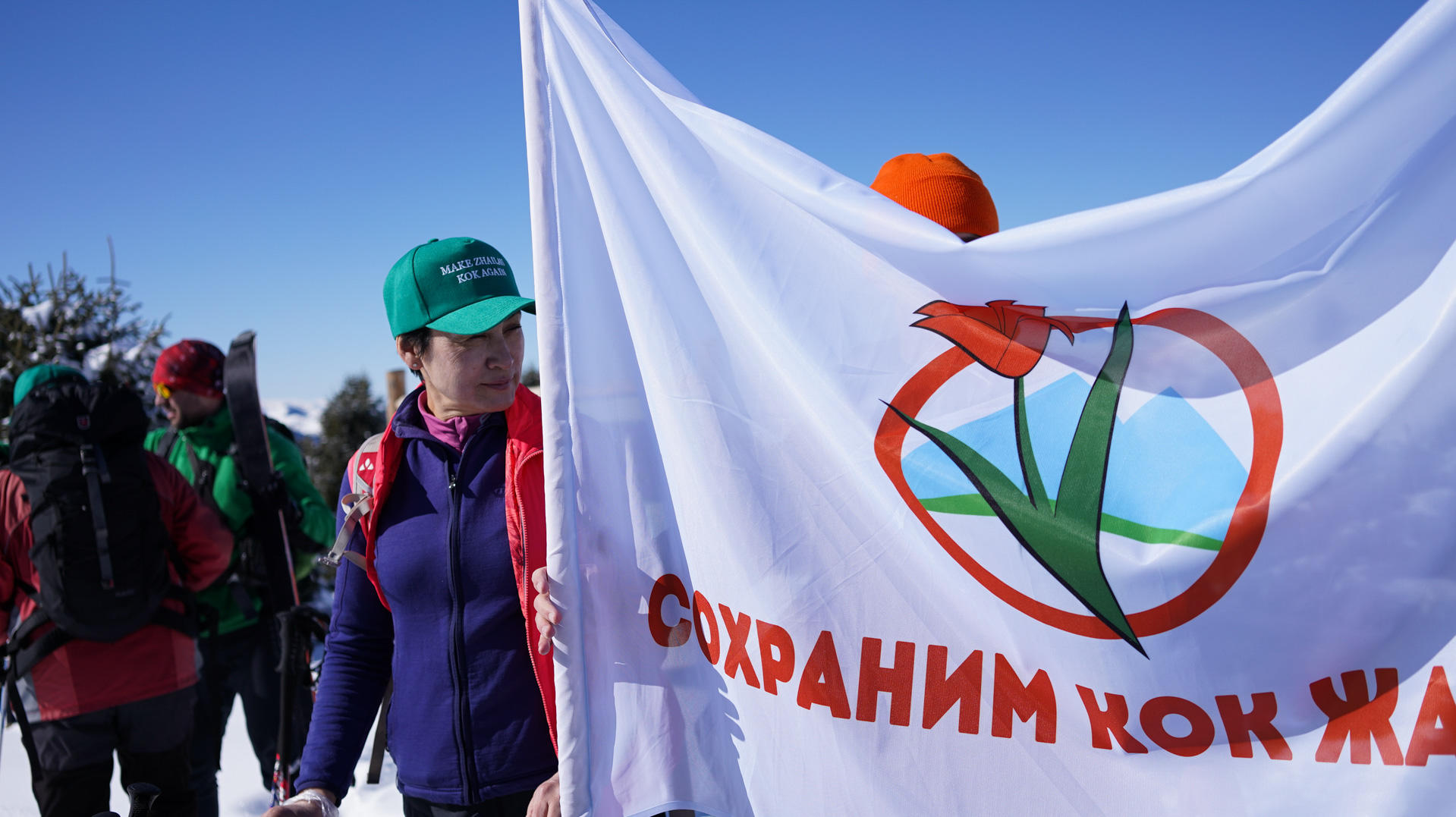On October 29, in his announcement, Kassym-Jomart Tokayev, President of Kazakhstan, banned the construction of resort in Kok-Zhailau. The event marked the victory of environmental actisists in the battle to save Kok-Zhailau, Almaty’s key natural landmark.
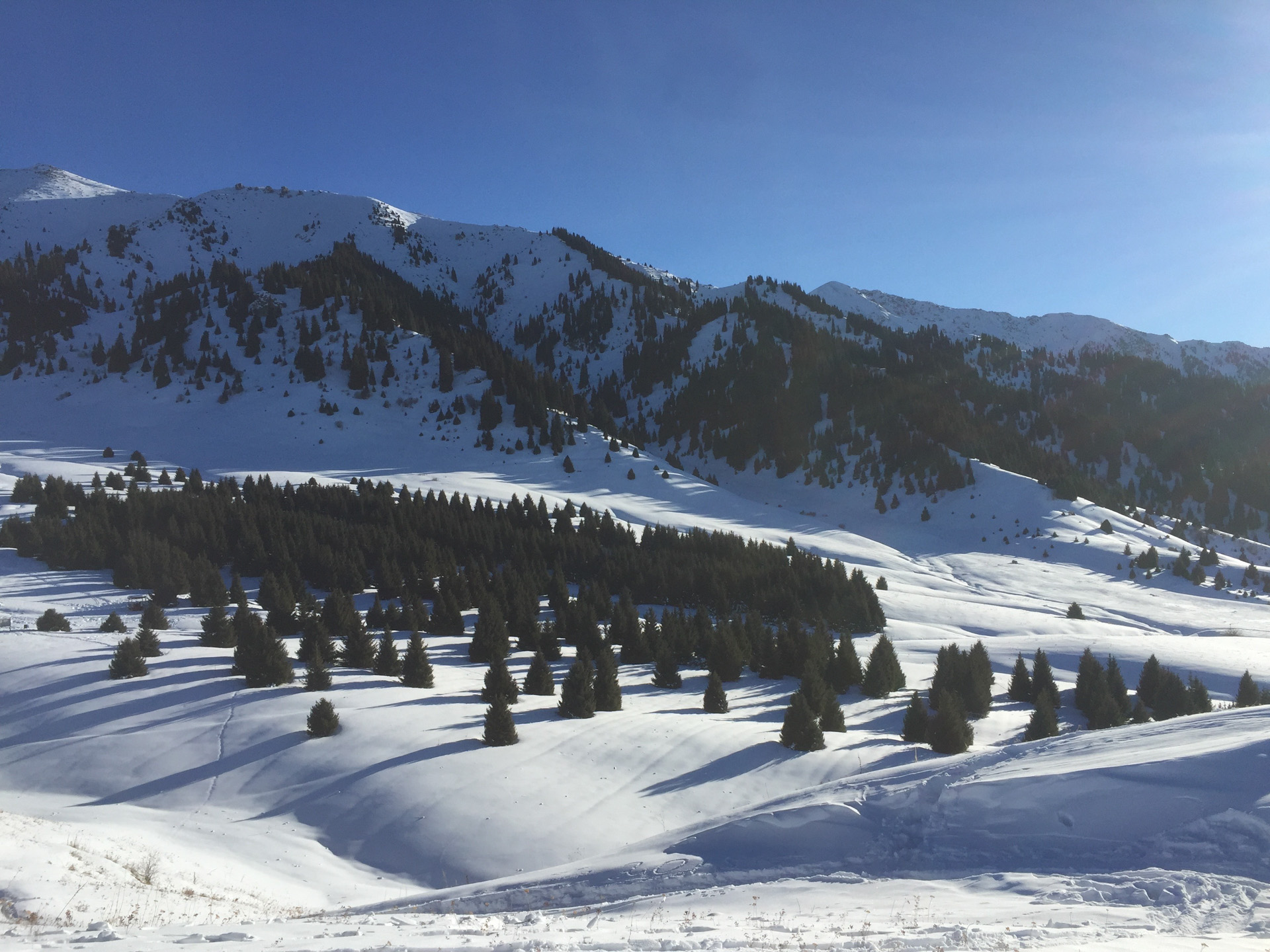
Photo by Malika Autalipova
“Today, I forbid this project, construction of a ski resort in Kok-Zhailau. We don’t need one. Moreover, professional environmental engineers and knowledgeable community are against it,” said Tokayev.
Урочище Кок-Жайлау зимой
According to a number of experts, this statement marks the end of construction plans and activities in the unique mountain area. The ban has become the result of the work done by environmental activists of Kazakhstan.
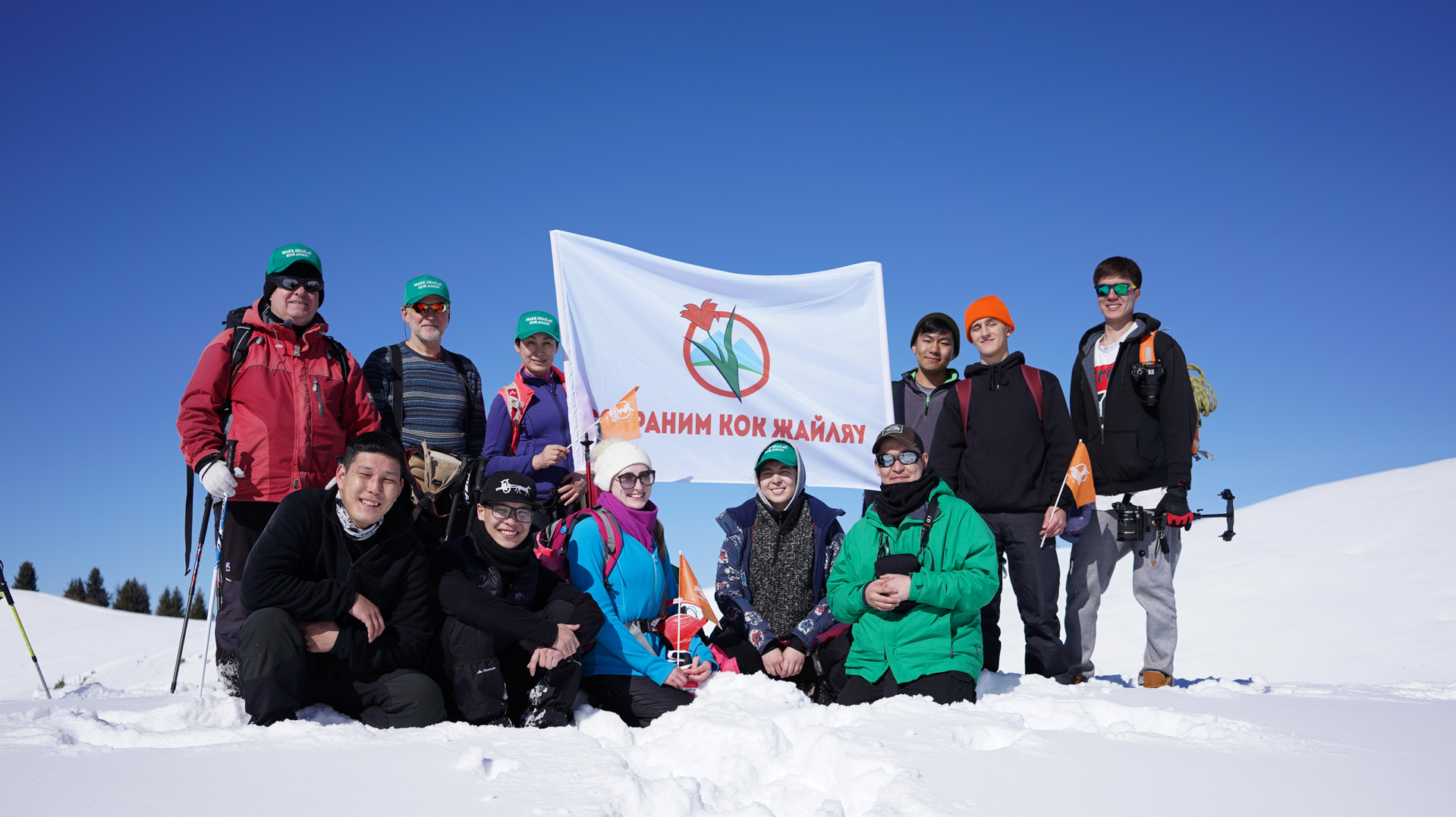
The threat of environmental disaster in Kok-Zhailau was the reason behind the creation in mid-2010s of Save Kok-Zhailau movement, the biggest environmental initiative in the history of independent Kazakhstan.
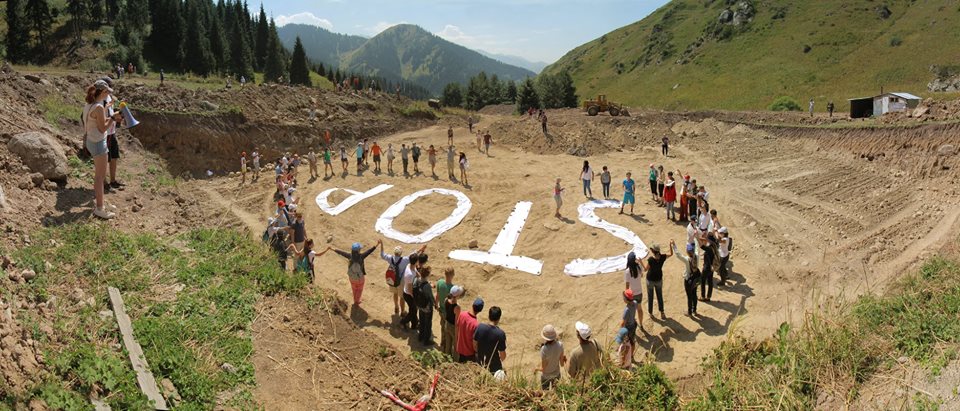
People from different regions of Kazakhstan joined the movement. So did a number of famous Kazakh scientists, environmental engineers, writers, artists, and journalists: Herold Belger, Azhar Jandossova, Svetlana Spatar, Vadim Boreiko, Pasha Cas and many others. The work of the activists drew response not only across Kazakhstan but internationally, as in the framework of the construction plan’s compliance with the UN’s Aarhus Convention.
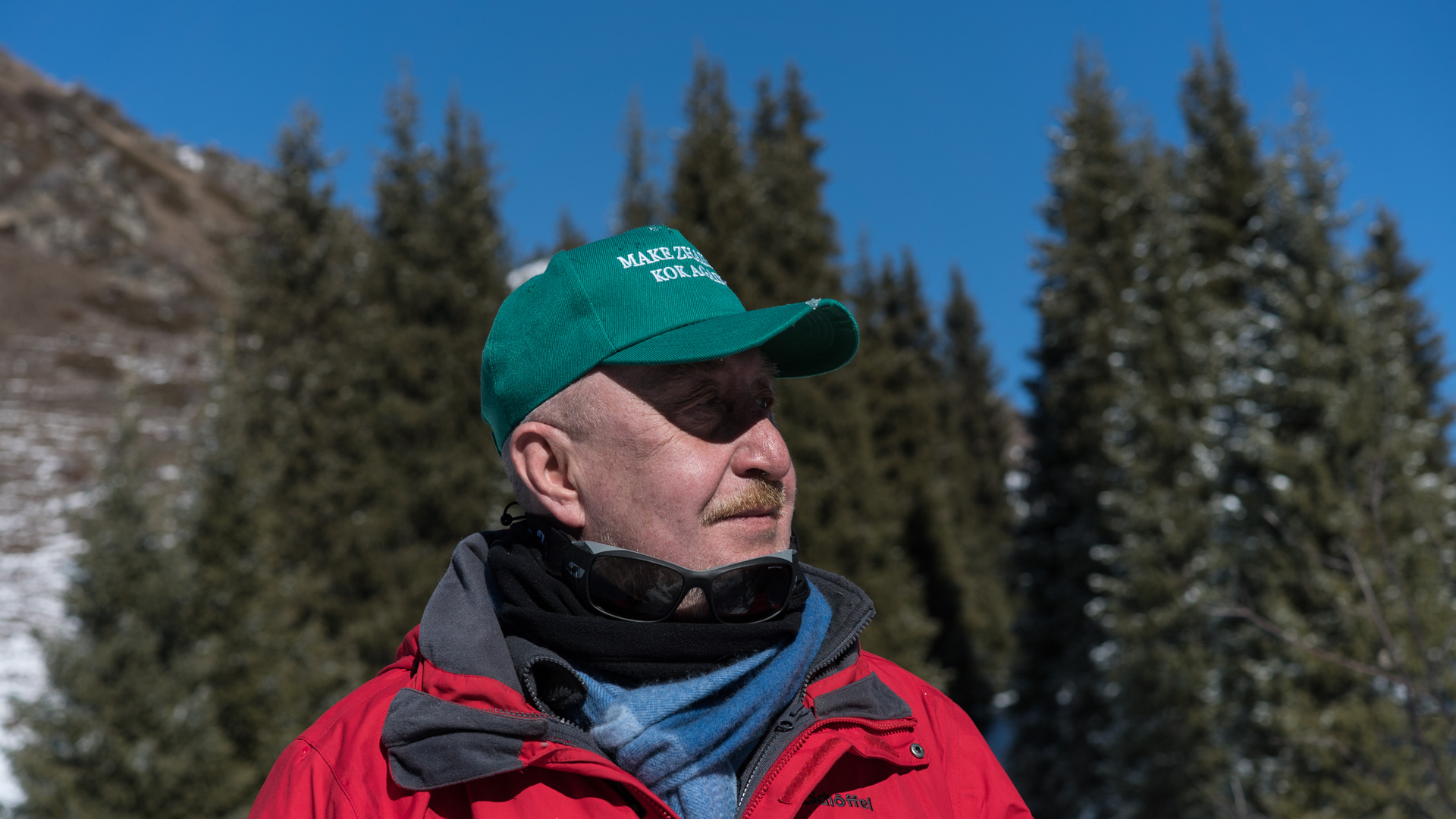
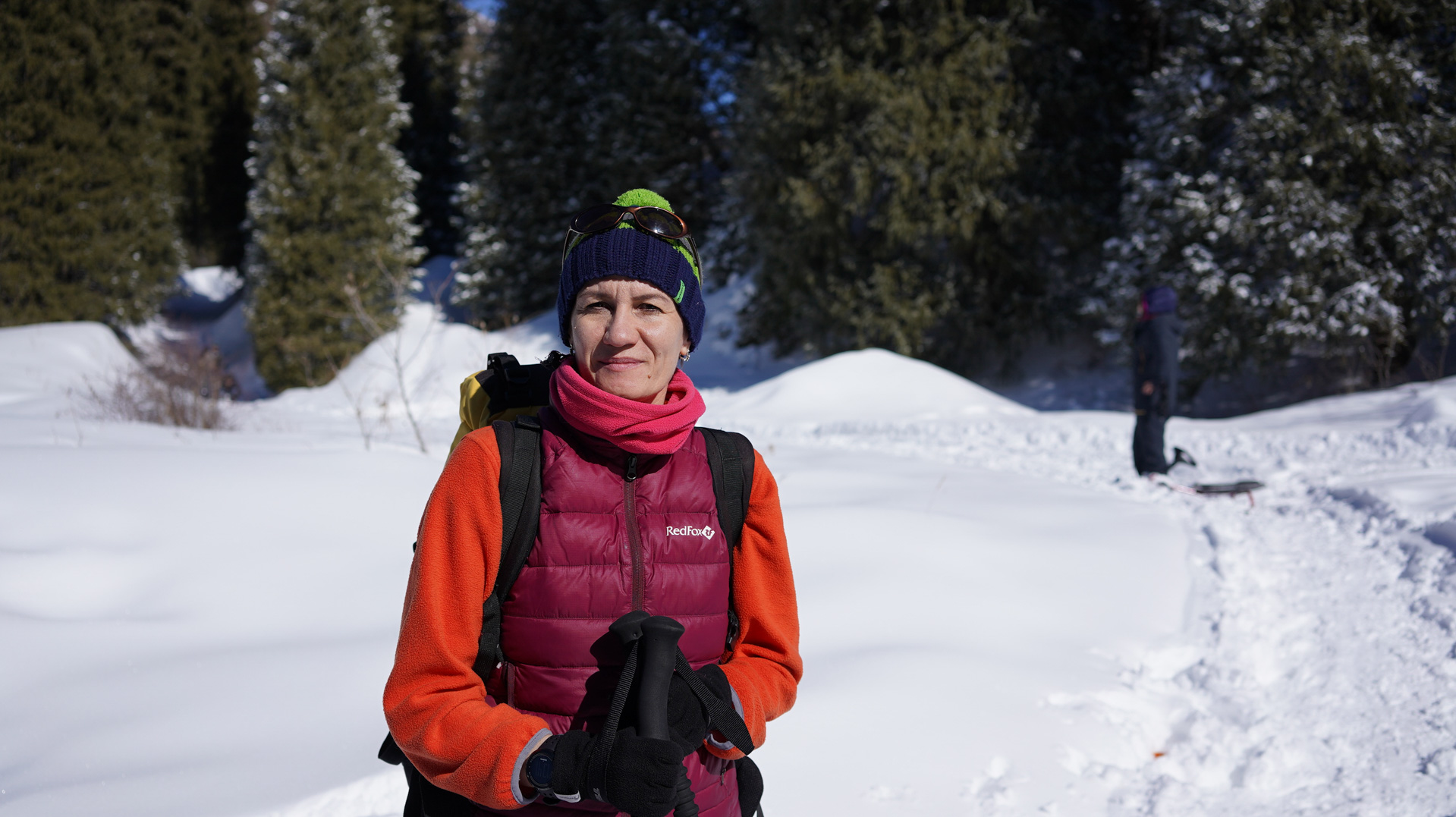
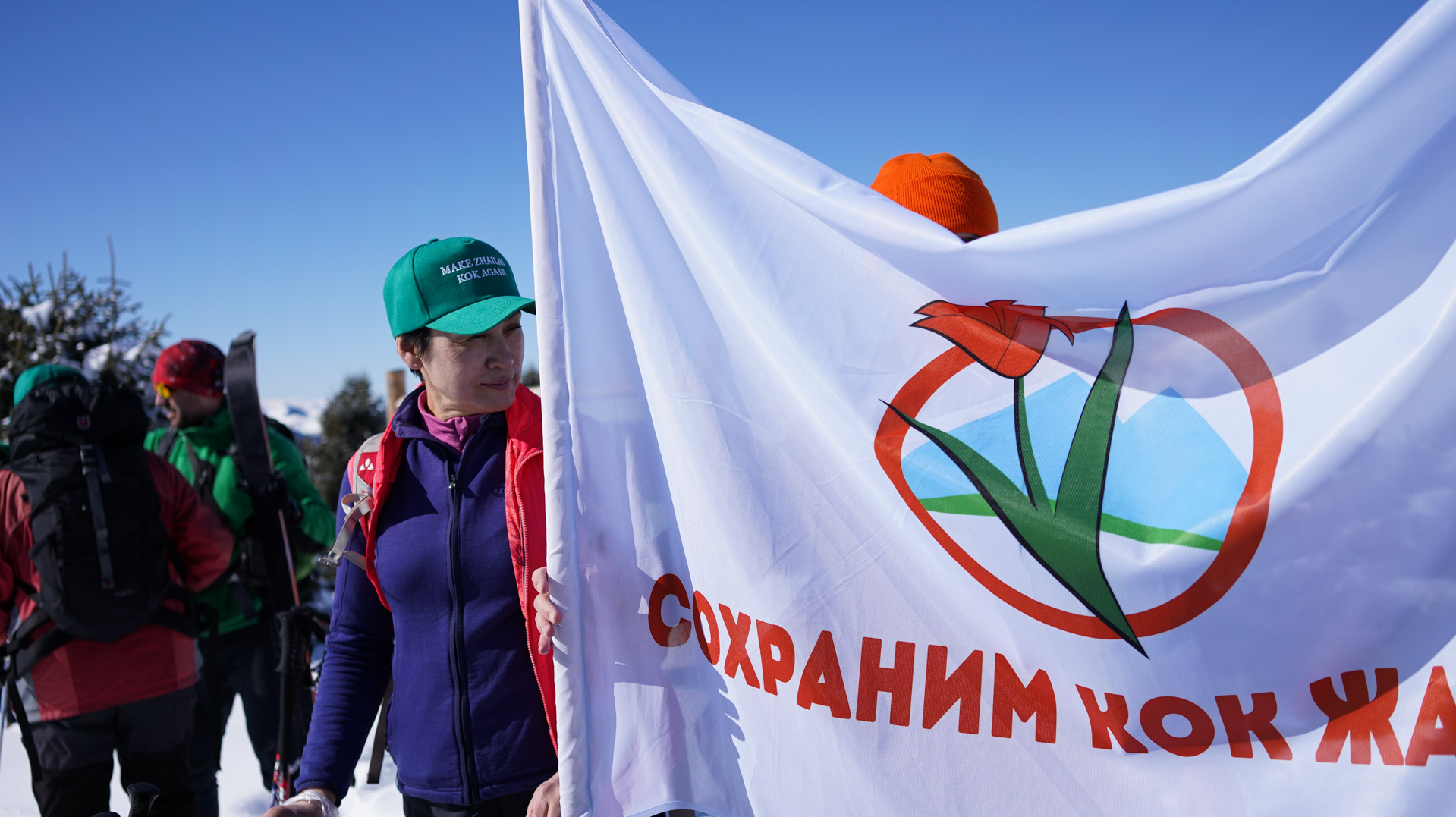
The official ban on the construction of ski resort in Kok-Zhailau has become the biggest victory of environmental activists and civil society in Kazakhstan since the anti-nuclear movement Nevada-Semey.
Background information
Kok-Zhailau (translated from Kazakh as ”heavenly pasture-land”) is a unique 1000-hectare natural landmark between the Small and Large Almaty gorges in upper Almaty, the largest city in Kazakhstan and the country’s cultural capital. Kok-Zhailau is the habitat of many rare and relict animals and plants, including snow leopards, mountain tulips, Malus sieversii (wild apple), Tyan-Shan spruce, Schrenk's spruce and other unique species. Apart from Kok-Zhailau’s ecological uniqueness, many representatives of Kazakhstan’s culture and society, including legendary writer Herold Belger, claim it has a sacral status and therefore requires special protection by the society and the state.
As a result of Kok-Zhailau tract’s withdrawal from Ile-Alatau state national park and the plans for constructing a ski resort in its place, the unique biodiversity of the area as well as the environment of Almaty and the region are now at risk.
The Compliance Committee under the Convention on Access to Information, Public Participation in Decision-making and Access to Justice in Environmental Matters (Aarhus Convention) found that the authorities had failed to comply with a number of articles of the the Convention, e.g. ensuring public participation in the decision-making in relation to the construction of a ski resort in the Kok-Zhailau area.
The threat of destruction of the unique nature of Kok-Zhailau caused the movement of environmental activists and organizations who stood up for canceling the construction plans, banning deforestation in that zone and returning Kok-Zhailau tract to Ile-Alatau state national park.
The petition in defence of Kok-Zhailau had over 30 thousand signers (as of Nov 21, 2018).
